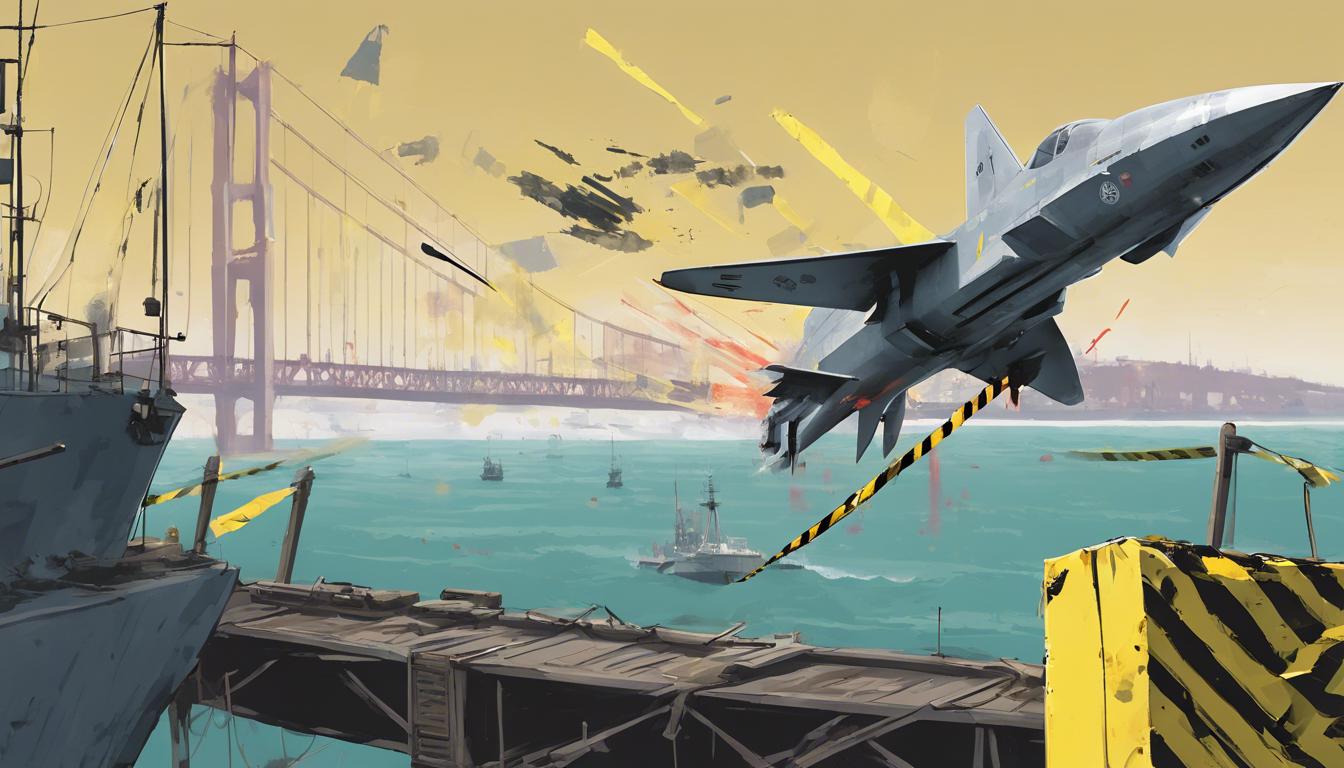A failed missile test from the Niels Juel frigate has led to a temporary closure of part of Denmark’s airspace and a section of the Great Belt strait, raising concerns over military readiness amid increasing European defense spending.
On April 4, 2024, Denmark faced a significant military and public safety challenge following a failed missile test from the Niels Juel frigate, which is a part of NATO’s naval force. The test failure prompted Danish authorities to temporarily close part of the airspace and a section of the Great Belt strait, one of the world’s busiest shipping lanes running near the Danish coast, due to fears of “falling missile fragments.” The missile involved in the incident, identified as a Harpoon, encountered a booster failure, but was not armed, thereby reducing the risk of detonation upon potential impact with the sea.
The Danish military issued warnings to vessels to avoid the affected area of the Great Belt strait as a precaution and advised ships to drop anchor if necessary to ensure safety. Despite the airspace closure, the Great Belt bridge remained open to traffic, with the situation being closely monitored.
The incident follows recent turbulence within the Danish Defence Command, including the dismissal of the top military official, General Flemming Lentfer. Lentfer was removed from his position due to a failure to report malfunctions in the weapons systems on another Danish frigate, the Iver Huitfeldt, during an attack by Houthi militants in the Red Sea. The event raised concerns over the readiness and transparency of Denmark’s military at a time when European nations, including Denmark, have been increasing defence spending in response to global security challenges.
Adding complexity to the situation, Denmark’s ordeal coincided with Poland experiencing a breach of its airspace by a Russian missile, heightening regional tensions. Both Denmark and Poland have demonstrated prompt responses to these security risks, emphasizing a collaborative and vigilant approach to safeguarding their territories.
This series of events underscores the challenges faced by European military forces amid ongoing efforts to bolster defence capabilities in a rapidly evolving security landscape.













